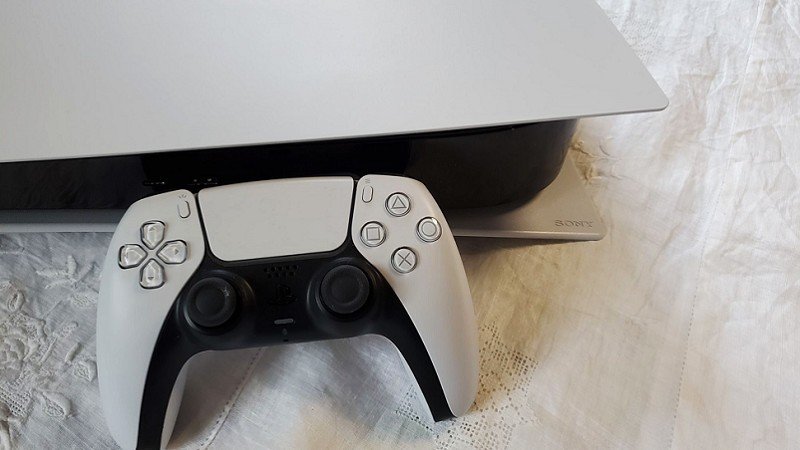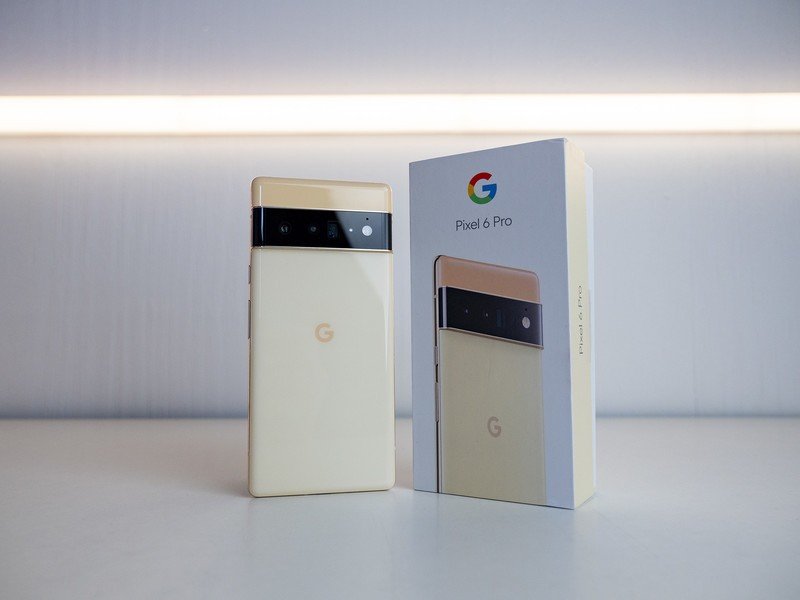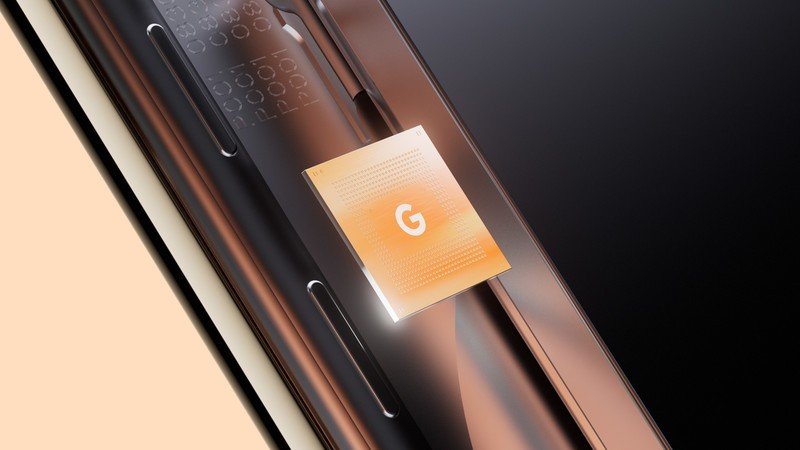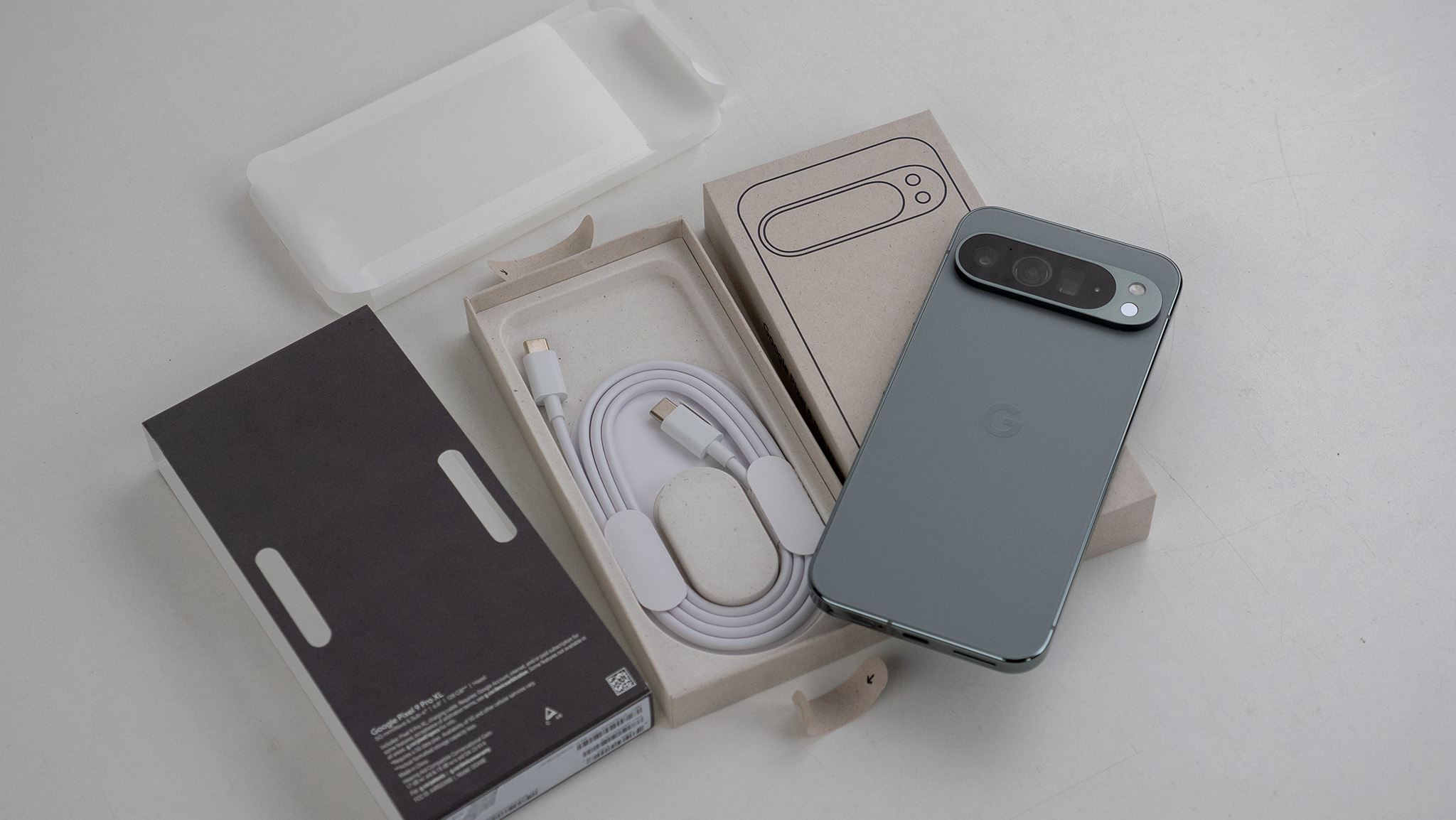Supply chain issues turned shopping into a rigged game, but companies don't care enough to fix it

Supply chain issues and chip shortages aren't going away anytime soon. Popular devices like the PS5 or Switch OLED will continue to sell out in mere moments, with availability tracking becoming its own cottage industry. Everything from smartphones to new cars are rare commodities these days.
Google limited the Pixel 5a to just two countries and is already running low on Pixel 6 Pro stock. Likewise, Samsung all but ran out of its superb Galaxy S21, while chip shortages reportedly made it delay and consider canceling the S21 FE, then abandon its plans for using the Exynos 2200 in the S22 worldwide.
And, of course, Sony will fail to meet demand for its console through 2022 (if not longer).
Shortages are the new normal, but stores are pretending nothing has changed.
Blaming companies for component shortages is unfair and counterproductive. But what's surprising, even dismaying, is how companies and retailers haven't adapted their retail systems in acknowledgment of this new normal. Buying anything in high demand is a true crapshoot. Work-at-home people who have time to track release schedules can brute force their way to victory, but everyone else is totally out of luck.
Companies haven't just stood pat over the last year. But their solutions, by and large, are either inadequate or unfair to consumers. And I don't see much light on the horizon to suggest anything will change.
PS5 hunting is pay-to-play now

I managed to buy a PS5 in late 2020 using the "traditional" method: I saw a restock tweet about an upcoming Walmart drop, set up shop with my partner on two separate browsers, and refreshed like crazy for a half-hour until she lucked into getting one in her cart. Other friends hunted for PS5 stock just as diligently but weren't blessed by the random algorithm gods, taking nearly a year longer to secure one.
"Retailers haven't fortified their websites to prevent bots from taking all of the controls."
With demand obscenely high and bots hoarding consoles for resellers, you require more than luck to secure a PS5. You need forewarning from insiders on where to look and when. Some retailers started to implement lotteries to make things fairer, but that didn't truly solve anything.
Be an expert in 5 minutes
Get the latest news from Android Central, your trusted companion in the world of Android
"Lotteries are a better way to control the free-for-all add-to-cart scramble, but bots have found a way around those pretty easily," says Matt Swider, editor-in-chief of the new tech site The Shortcut, a popular PS5 restock watcher, and my former supervisor at Techradar.
He believes that "retailers haven't fortified their websites to prevent bots from taking all of the controls."
With the PS5 now one year old as of November 12, commercial sites have had plenty of time to adapt their systems to confront this issue. But Swider says that these sites haven't invested in website infrastructure enough to make a lasting difference for the most part.
"I've seen bot-using resellers adapt to new lottery systems at Best Buy and Walmart within one restock. They're experts at figuring out ways around these security measures," Swider explained.

So what have these sites done to solve the problem? Mostly create financial barriers to make resellers less likely to intrude. Barriers that pass the buck (literally) onto the consumer.
Most anti-bot tools pass the cost of repelling resellers onto the consumer.
CNET noted in a recent editorial that many retailers now require an annual subscription like Walmart+ or Gamestop PowerUp Rewards Pro to become eligible to buy new consoles. These artificially drive down demand with a paywall that limits the profitability for bot-runners.
Or, as Swider noted, stores are bundling consoles with games or gift cards as a disincentive to resellers since a bundle is harder to profit off of. They're "the only thing that's worked" to drive bots away, so retailers sell them no matter how much "consumers dislike them."
Retailers know that successful bot operations make them look bad and leave customers frustrated. But in the end, a sale is a sale, whether it's a hundred people or a hundred bots who clear out the stock. And it's easier to profit off the situation by selling memberships or bundles to "solve" the problem than it is to make fundamental, costly changes to a storefront during a pandemic.
Adjusting to the new normal

Picture a Black Friday doorbuster where a mob literally smashes the door down and charges the electronics section. People run to the front of the line, but while the cashiers are trying to register who's in front, people "refresh" and shove them out of the way. Eventually, the cashiers arbitrarily decide that people with green shirts or red hair get to be in front while other people who arrived at the same time are told to go to the back of the line.
That is online shopping in a nutshell. It stems from a time when physical and online shopping ran in lockstep with one another, with one backing the other up in case supplies ran low in the physical or digital world. Aside from sites like Amazon that have Lightning deals, very few stores can handle heavy traffic to the same digital product all at once.
Google marketed its phones better than its manufacturing and storefront could handle.
Look at the Pixel 6 launch. Google hyped up the phone with Android superfans — though it later backfired when the Pixel 6 turned out buggy — and tons of people flocked to the site. But the Google Store could barely handle the traffic, so while some people were buying the phone, others kept seeing cached error messages. Eventually, those people got through, only to see "Sold Out" instead of "Buy" just minutes after launch.
As of publication, the Pixel 6 Pro is sold out on most storefronts...unless you count the resellers pricing it for nearly $1,500 on Amazon and eBay. You can't help but wonder how many Pixels were claimed by bots instead of loyal customers.

We can't hold global silicon shortages and manufacturing limitations entirely against Google. But companies have a better idea than we do of how much success and traffic their devices are likely to inspire. Google probably knew its storefront wouldn't handle the demand, but why should it care? It sold its stock in a snap.
Right now, the only way people can prepare for an online product launch is to read tech blogs to find out the exact start time or click the "Notify Me" button most sites have. Except that button is all but worthless because by the time you receive the email, all the in-the-know techies have already jumped on whatever stock is available.
We deserve better systems for buying all of our devices, not just the Playstation 5.
Whether we're talking about phones, consoles, or any other popular tech, companies know months in advance when a product is going to launch and how many they plan to sell. So they could easily prepare a virtual line like the one used by Playstation Direct, where buyers are slowly brought onto the purchase page. Or they could use a digital ticket dispenser system where people sign up for a product and find out if their number has come up or not without a stressful rush, similar to Newegg Shuffle.
These companies have the know-how and resources to implement these systems or hire a third party to implement them. But they'll continue to stick to the status quo because people have accepted it as the norm. However, the more products besides the PS5 slip through our fingers and the more fuss unsuccessful shoppers make, the more pressure retailers should feel to thwart resellers and make online shopping more equitable. At least, that's what I hope.

Michael is Android Central's resident expert on wearables and fitness. Before joining Android Central, he freelanced for years at Techradar, Wareable, Windows Central, and Digital Trends. Channeling his love of running, he established himself as an expert on fitness watches, testing and reviewing models from Garmin, Fitbit, Samsung, Apple, COROS, Polar, Amazfit, Suunto, and more.
